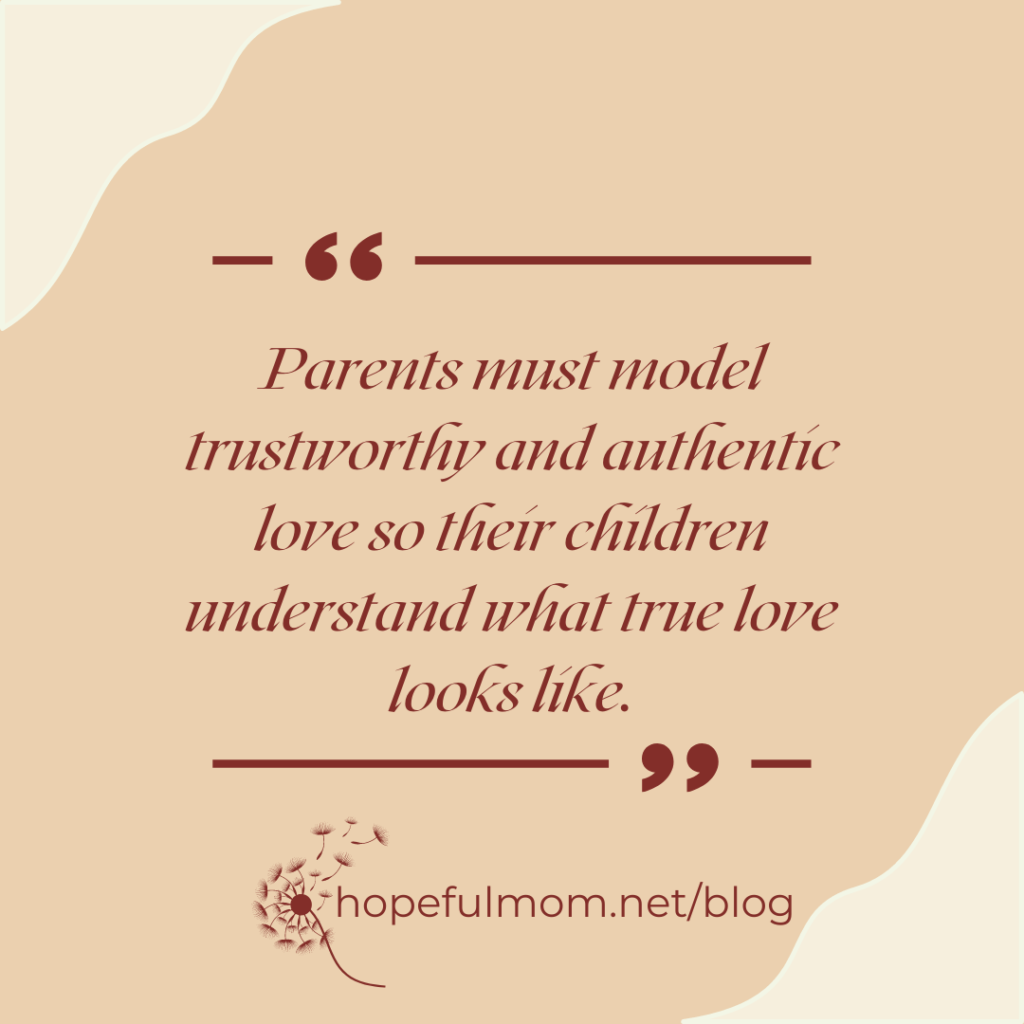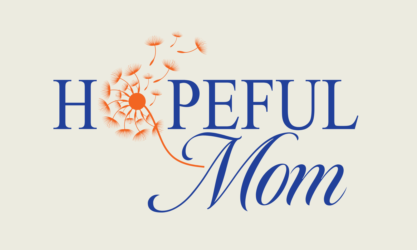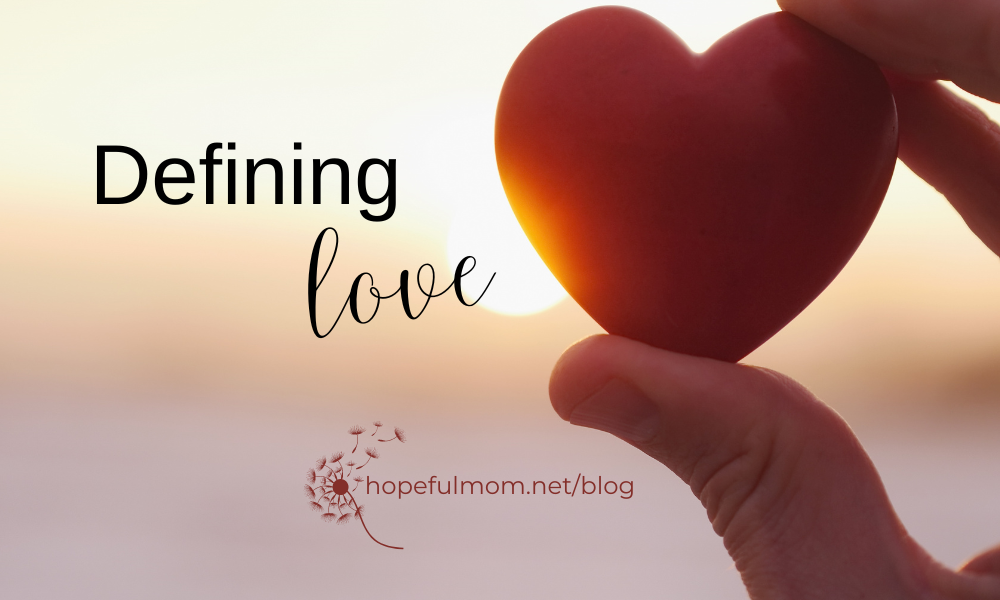What is love?
Yesterday, I asked this question in several ninth-grade classes. In each, at least one student said, “Fake.” Actually, to my surprise, most of the answers were pessimistic. And their faces showed signs of distrust.
Several teens implied that love is hard to define. Yes, defining love is confusing and tricky. The purpose of the question was to challenge them—to help them think about love and comprehend how complicated the word itself can be. The goal was to distinguish between a deep-seated meaningful relationship based on genuine love and one based on infatuation or lust.
Defining Love
Followers of Christ use these verses when defining love, “God is love” (1 John 4:16) and “We love because he first loved us.” (1 John 4:19). Love flows from God through us to others. And God’s love is selfless, generous, and sacrificial.
It appears that many preteens and teens don’t view the word “love” in a positive light. Why do they equate love to insincerity? I assume they take this posture because they haven’t experienced true love, a trustworthy and authentic love—a love that says, “I’ve got your back . . . no matter what.” Their answers indicate they’ve been rejected, hurt, and disappointed. Their desire to feel love is unfulfilled. This may be contributing to the rise of mental health issues and suicide attempts in this generation.
Some teens associate the word "love" with fake. Why? When's the last time you tried to define love? Defining Love #healthyrelationships #love #hopefulmom Share on XWhere is the disconnect? Why do so many teens associate love with pain and rejection? Could this be why they turn to social media and strangers to fill the void in their lives, and why they hop from one unhealthy relationship to another? Does lack of love and acceptance motivate them to self-medicate through cutting, substance abuse, and pornography?
What can we do to help youth understand what real love looks like and how they can experience it?
If we want our children to develop healthy relationships, ones that include a long-lasting, selfless love, we must model it—in our homes, in our churches, in our workplaces, and in our community. To set the standard, let’s evaluate how we are defining love and how we display love in our homes. Do we believe love is selfless, generous, and sacrificial—a decision to stick with the relationship even when it’s hard and challenging (but not toxic, which is another subject all together)?

Examples of Love
Selfless. When my child throws up in the middle of the night, I get out of bed to tend to him, no matter how tired I am.
Generous. When my child is struggling with her math homework, I sit next to her and walk her through it, no matter how time-consuming or brain-bending it is.
Sacrificial. When my child makes an unhealthy decision (like watching pornography), I come alongside him to guide him through the process of understanding, working through, and overcoming his choice, no matter how ridiculous I perceive his decisions.
Trustworthy. When my child is hurt by me or others, I wrap my arms around her, empathize, and teach her how to forgive and trust again.
Love is not fake.
Love is not based on performance. Our children need to know our love is not provisional or temporary. It’s not based on their behavior or emotional wellbeing. It’s not fake. We are in it for the long haul. We’re willing to stick it out in good times and bad.
How do you define love? How does your child define love? Do they know the difference between love and lust? Do they experience your selfless, sacrificial, and generous love? I’d like to hear your responses.
COMING AUGUST 2023: Sexpectations: Helping the Next Generation Navigate Healthy Relationships. This book has a chapter on love. Be sure to subscribe for updates so you can be one of the first to know when the book is available. BONUS for subscribing: immediate access to a FREE download: 7 Steps After Your Child Sees Porn. Also keep up with Hopeful Mom on social media at our FB page and IG page.
About the author
Barb Winters is the author of Sexpectations: Helping the Next Generation Navigate Healthy Relationships and founder of Hopeful Mom. She’s a certified mental health coach and offers one-on-one consultations for parents. For more about Barb, click "About" in the menu.



